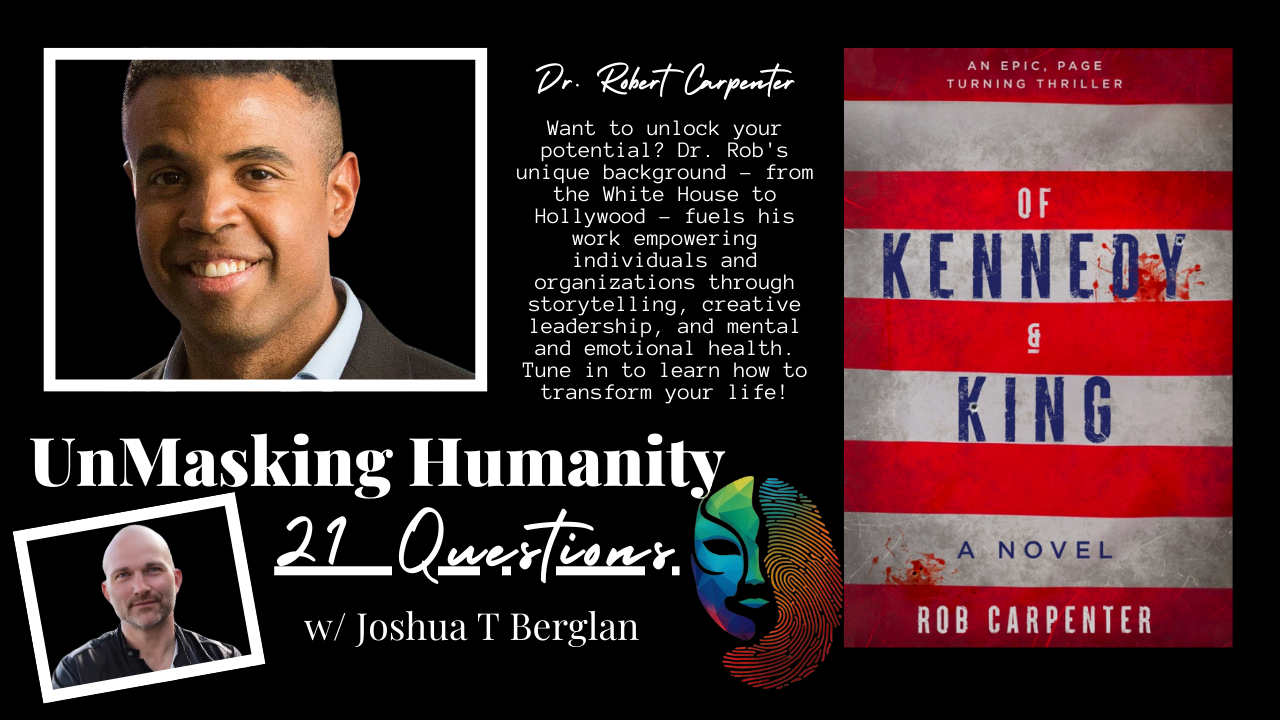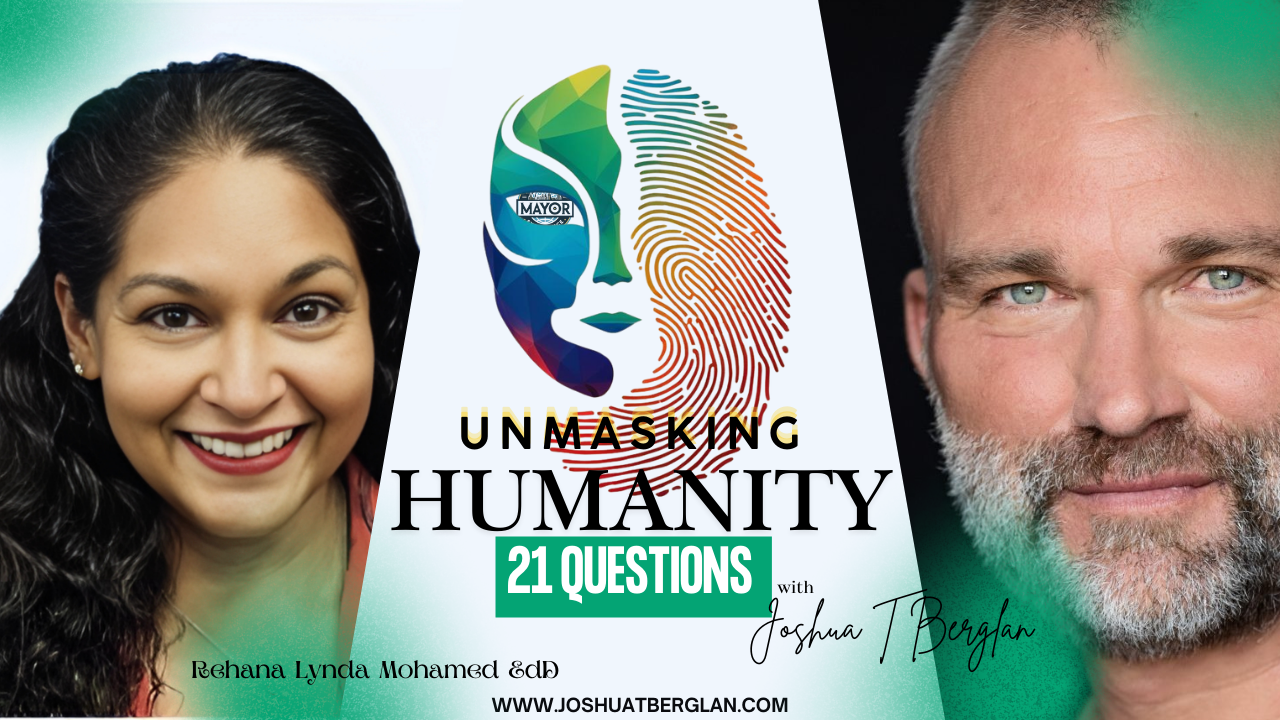Get in touch
507-400-0348
joshua@joshuatberglan.com
Fresh Multimedia

Preacher's Wife blog "Life Within a Shadow Prison"
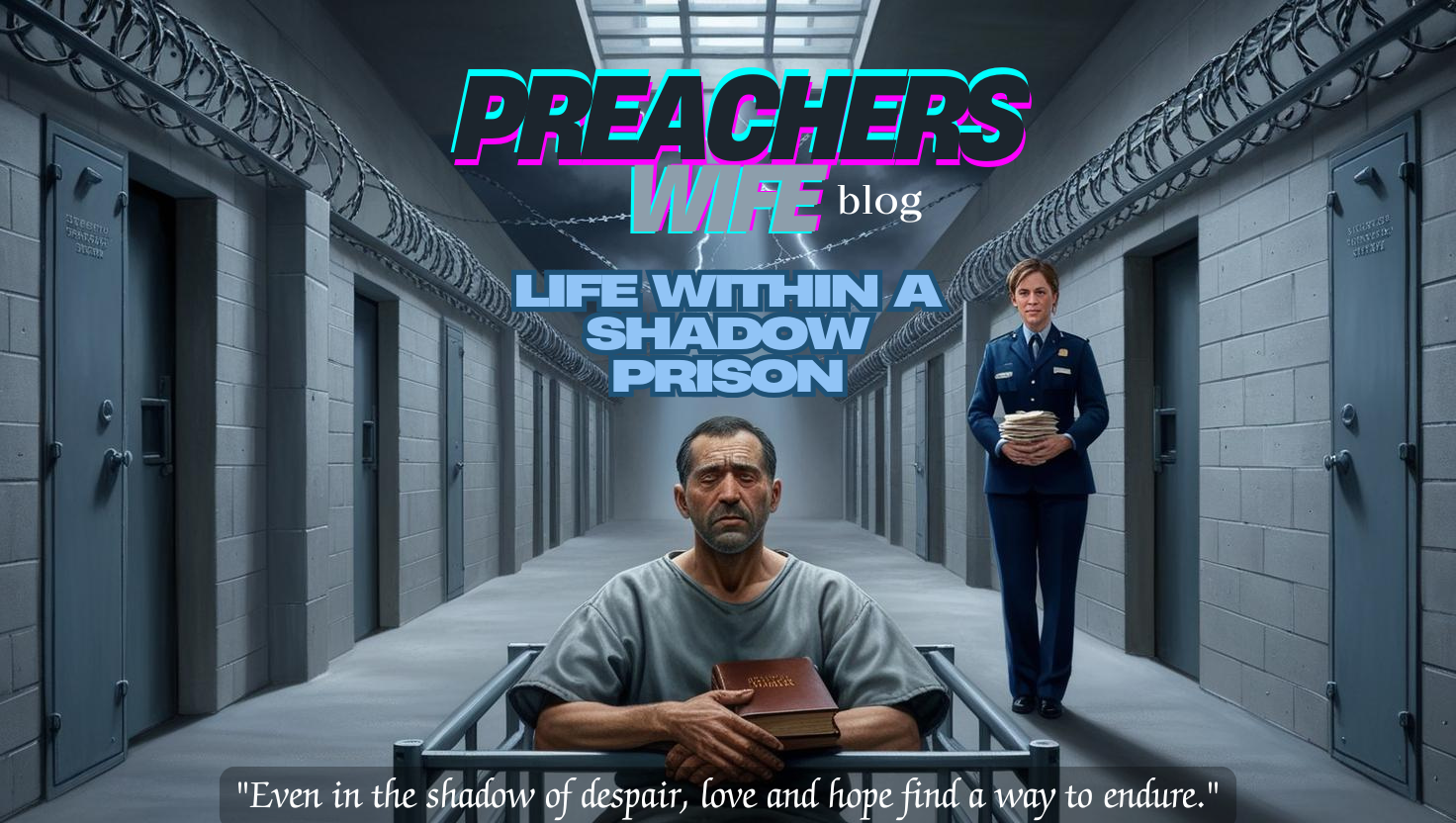
Life Within a Shadow Prison
Gather around, friends, and I will tell you a story—a tale of resilience, love, and the unyielding power of the human spirit. It is a story interwoven with moments of horror, cruelty, and mankind’s capacity for both inhumanity and redemption.
The story begins with a young man named Bill. Grappling with the weight of his own actions, Bill committed a grievous act of sexual assault. Recognizing the darkness within himself and the pain he had caused, he chose to plead guilty in court, accepting a 25-year prison sentence. The year was 1989, and Bill arrived at the gates of the Texas Department of Criminal Justice, his freedom now stripped away.
Prison life was a harsh adjustment. The autonomy he once took for granted was gone, replaced by the rigid rules and routines imposed by others. Yet, Bill began to adapt, slowly learning to navigate this new reality. Amidst this bleak existence, a ray of light appeared: Betty, a corrections officer who treated him with unexpected respect and dignity.
Over time, their connection deepened. When Betty was transferred to another unit, she entrusted Bill with her new mailing address. Their correspondence became a lifeline, and what began as a simple friendship blossomed into a profound bond. Betty faced a difficult decision—whether to follow her heart or heed the expectations of her employer. Choosing love, she risked her career and endured the condemnation of her superiors. But their commitment to each other endured, even as external forces sought to tear them apart.
After years of struggle, separation, and resilience, the day of Bill’s release finally arrived. But freedom proved to be an illusion. In 1999, Texas adopted civil commitment laws for sex offenders, allowing the state to indefinitely detain individuals deemed a risk to reoffend. Bill was summoned to a Civil Commitment Court, where he was labeled as having a “behavioral abnormality”—a term created to justify the indefinite confinement of free men.
Declared a danger to society, Bill was sent to the Texas Civil Commitment Center, a facility shrouded in razor wire and despair. Nicknamed the “Shadow Prison,” it operated under the guise of rehabilitation but mirrored the oppressive conditions of incarceration. Bill’s hopes of building a future with Betty were shattered. Together, they faced the emotional turmoil of this new reality, their love tested yet again by an unyielding system.
Despite the grim environment, Bill sought to find meaning in the darkness. He embraced small acts of kindness and held onto his faith, drawing strength from his connection with Betty. Though the facility’s rules were harsh and the treatment of residents often dehumanizing, Bill remained determined to maintain his dignity and humanity.
Betty, too, was relentless in her support. She visited whenever possible, enduring long journeys and the indignities of the facility’s strict visitation rules. Even as health challenges arose for both of them, their love remained a constant source of strength. They found solace in phone calls, letters, and the shared hope that brighter days lay ahead.
But life in the Shadow Prison was fraught with challenges. Bill faced unjust disciplinary actions, losing privileges and access to basic comforts. His ability to attend church services—a source of spiritual sustenance—was taken away. Yet, he refused to let these setbacks break his spirit. Even when faced with cruelty and unfair treatment, Bill held onto his faith and the belief that justice would one day prevail.
Their journey continues, marked by resilience in the face of adversity. Bill and Betty’s story is a testament to the power of love, faith, and the unyielding human spirit. It is a reminder that even in the darkest of places, hope can endure, and the fight for dignity and justice is always worth waging.
Thank you for reading.
Justice Delayed = Justice Denied
Preacher’s Wife
Scholarly Context and References
The narrative of Bill and Betty highlights the complexities surrounding civil commitment laws, particularly in Texas. In 1999, Texas enacted legislation allowing for the civil commitment of sexually violent predators, individuals deemed to have a "behavioral abnormality" that predisposes them to commit sexually violent offenses. This legal framework permits the state to confine individuals beyond their prison sentences under the premise of treatment and public safety. ( Source )
The Texas Civil Commitment Center (TCCC), often referred to as a "Shadow Prison," has faced criticism for its conditions and the indefinite nature of confinement. Reports indicate that the facility operates under stringent rules, and residents often experience dehumanizing treatment. ( Source )
The term "behavioral abnormality" is legally defined in Texas as a congenital or acquired condition affecting a person's emotional or volitional capacity, predisposing them to commit sexually violent offenses to the extent that they become a menace to the health and safety of others. ( Source )
Critics argue that civil commitment facilities, including the TCCC, may foster the very conditions they aim to prevent, such as trauma and violence, raising concerns about their effectiveness and ethical implications. ( Source )
For a comprehensive understanding of Texas's civil commitment laws and the operations of the Texas Civil Commitment Office, you can visit their official website. ( Source )
Note: The story of Bill and Betty is a fictional narrative crafted to illustrate the human impact of civil commitment laws and is not based on actual individuals.

Latest Insights and Trends: Explore Our Recent Blogs
The World's Mayor Experience Fresh Multimedia

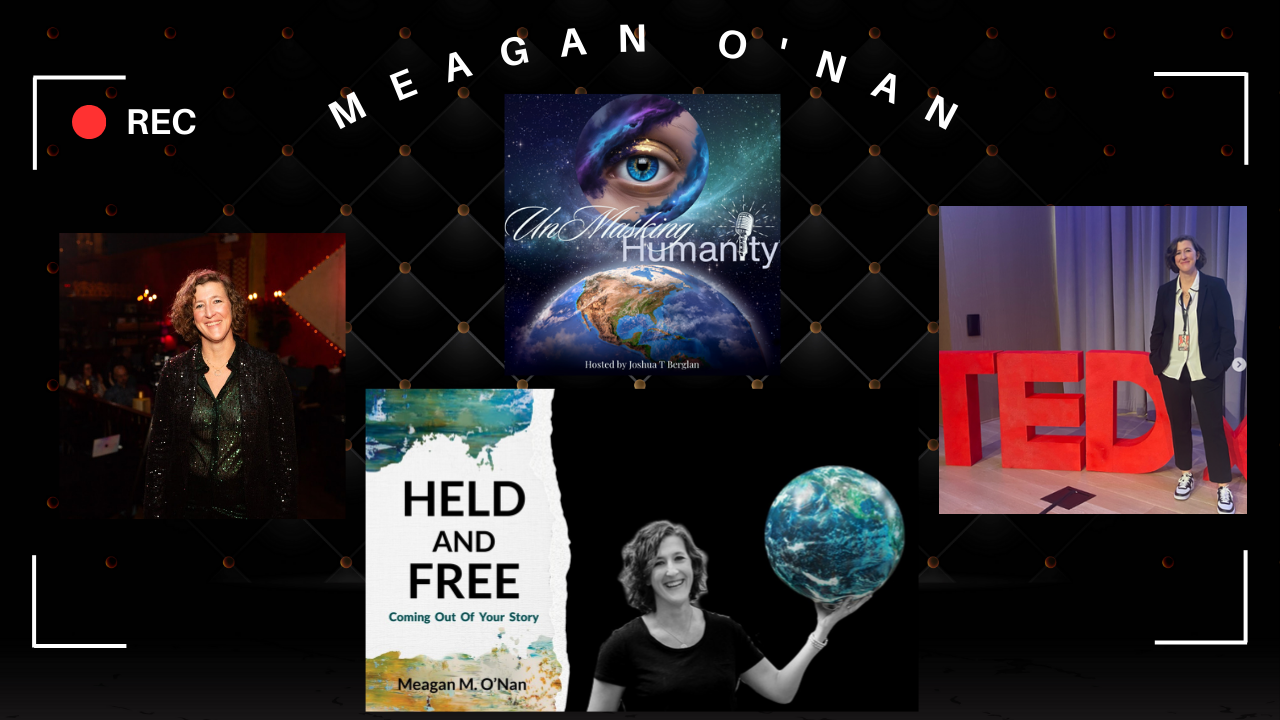
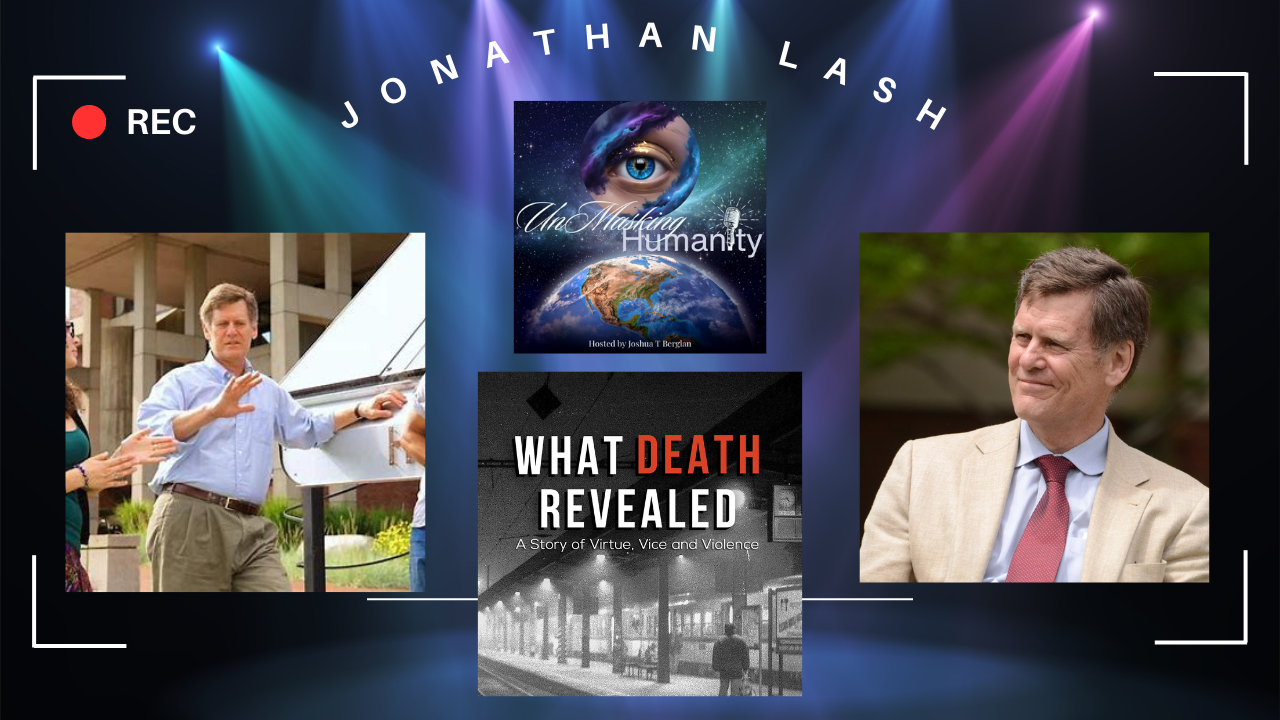










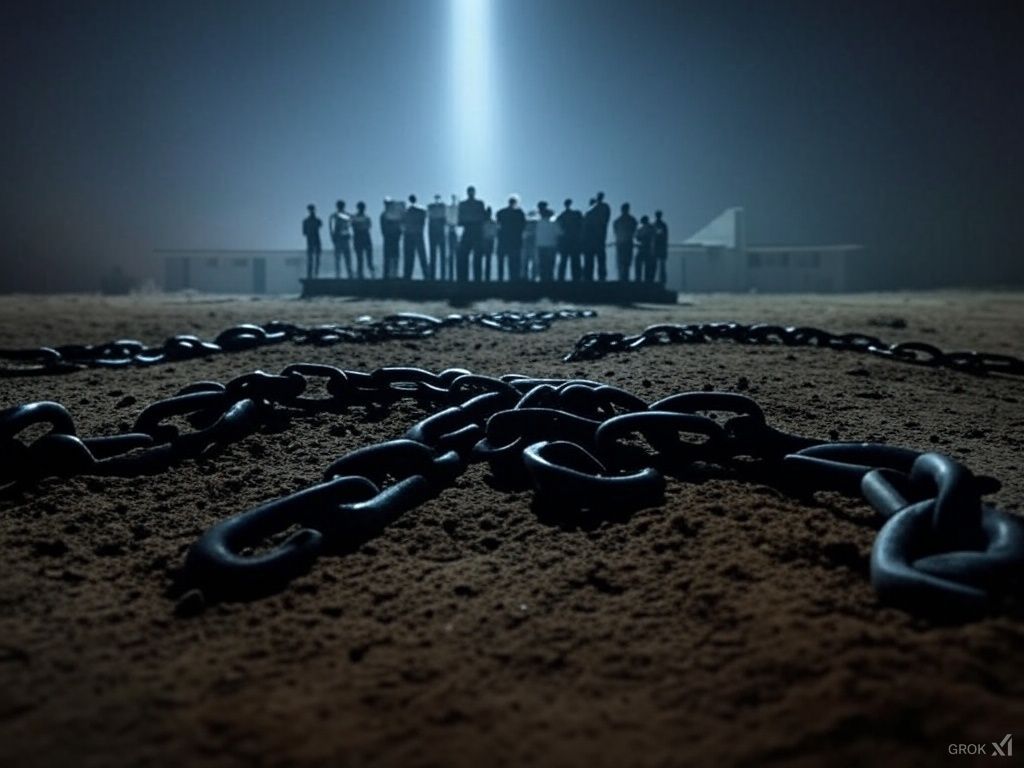
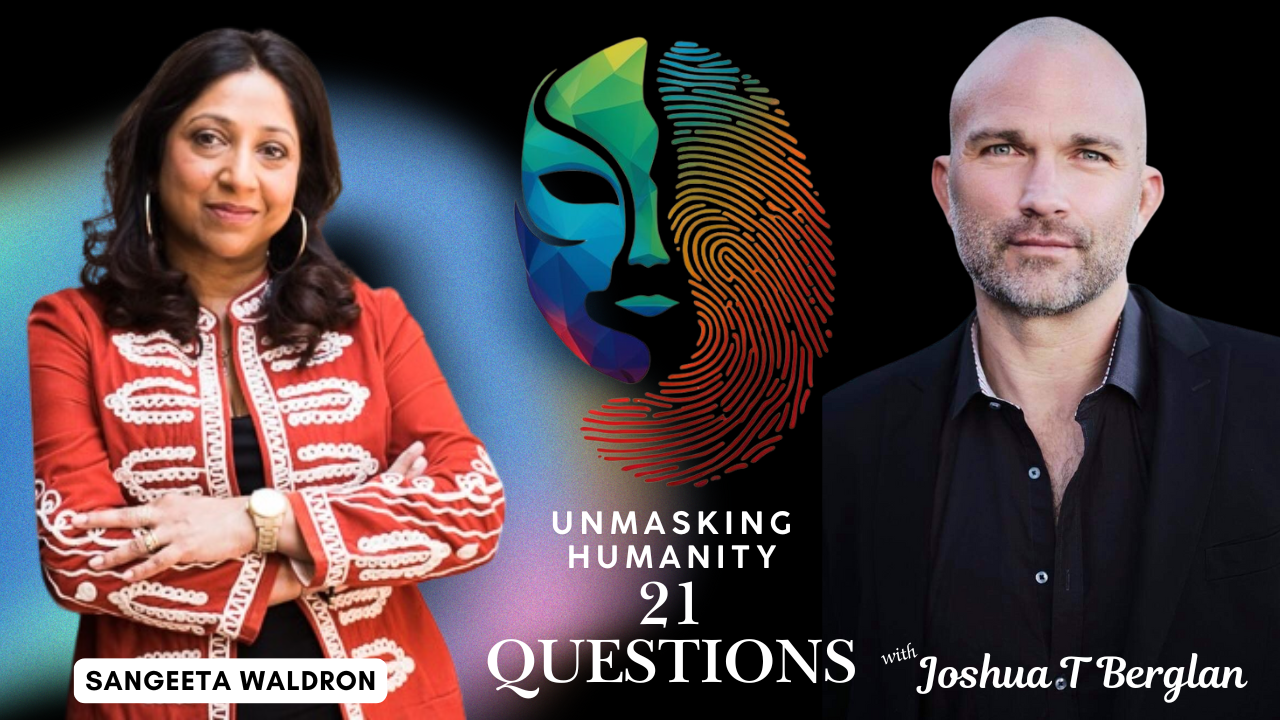




Contact Us
Sign up to our newsletter
We will get back to you as soon as possible
Please try again later
